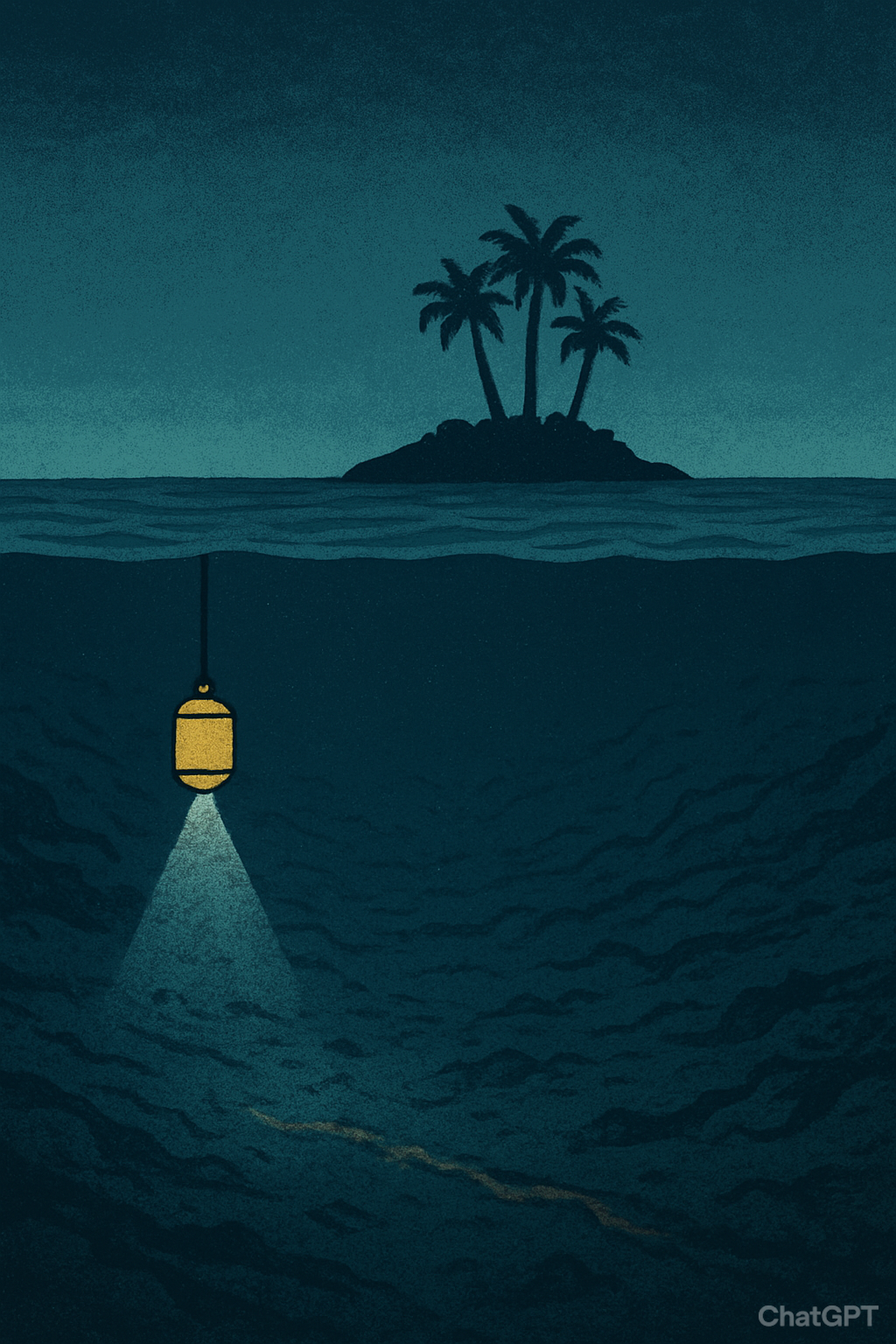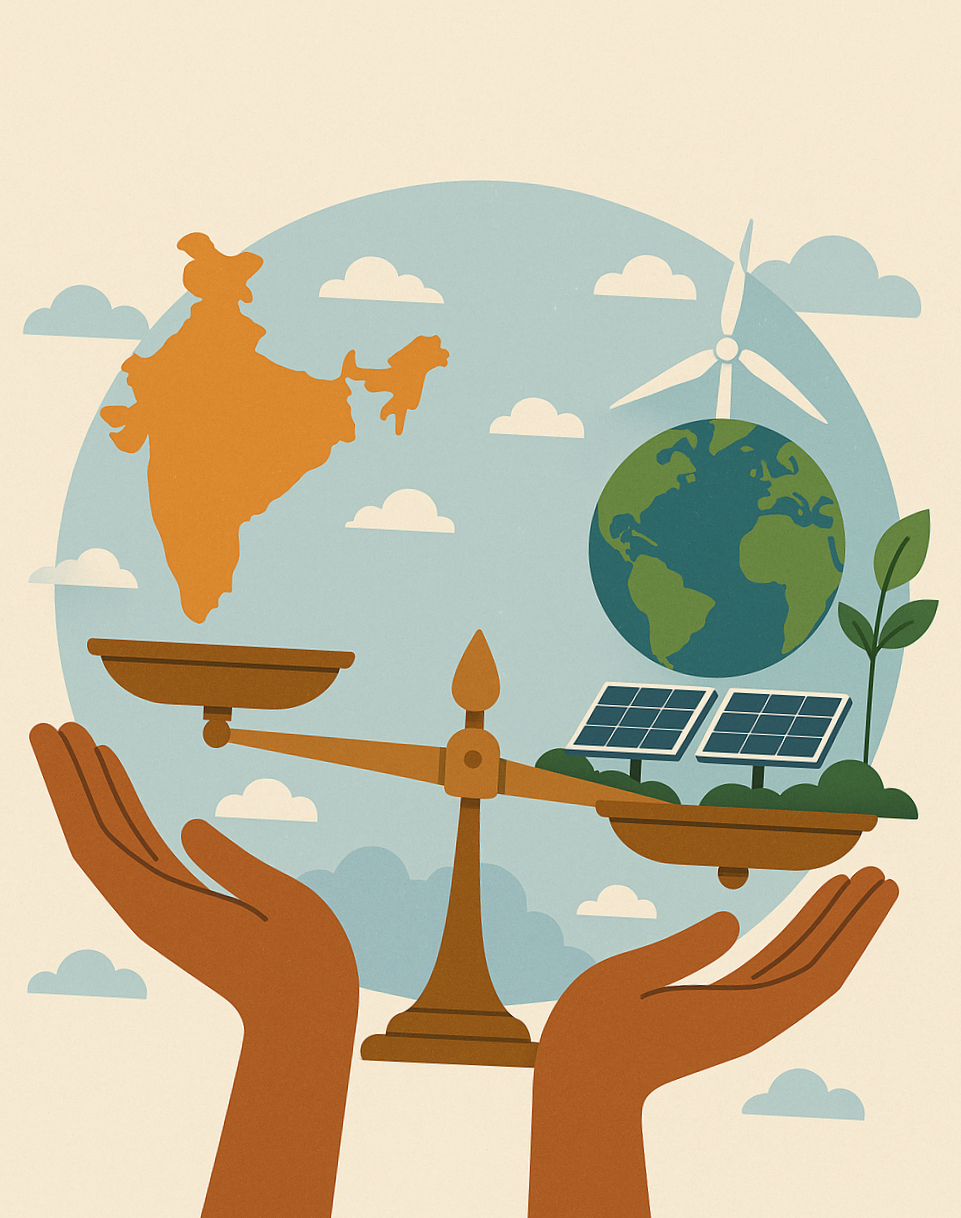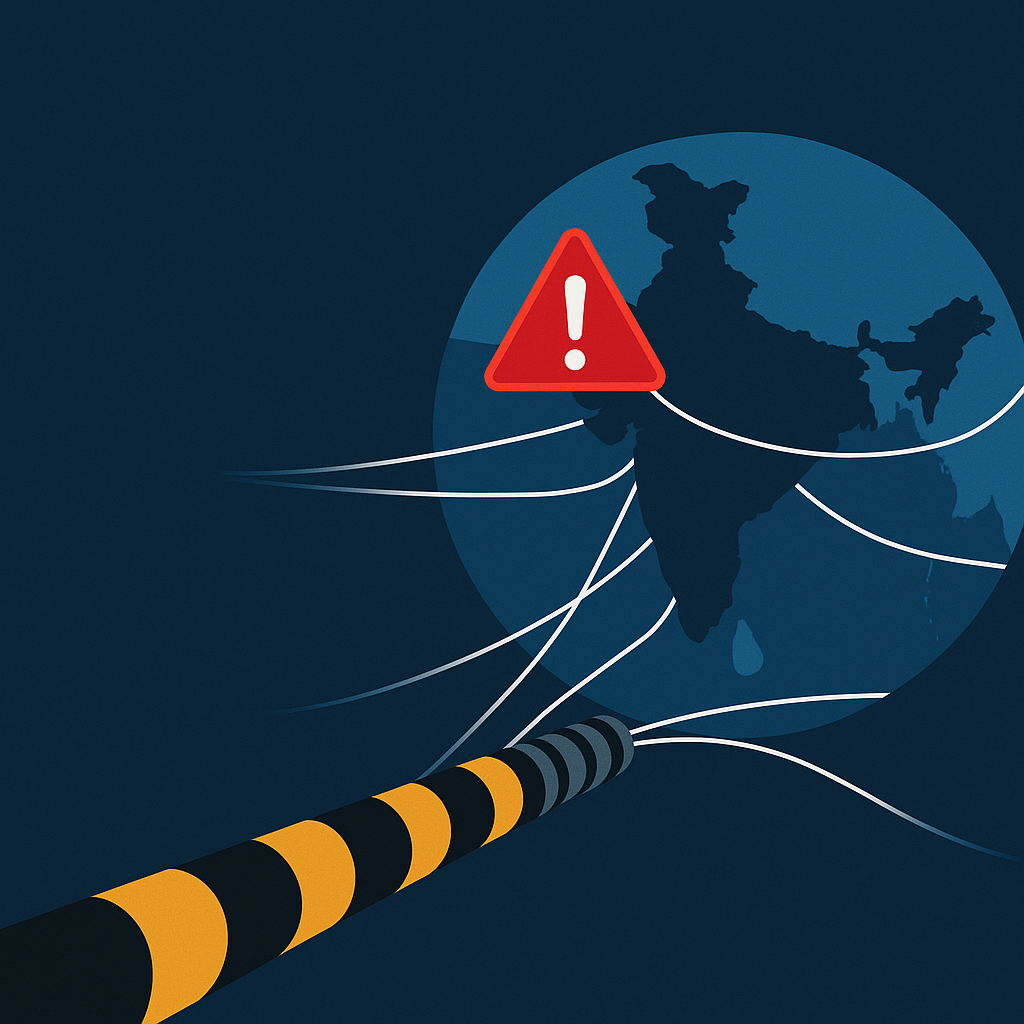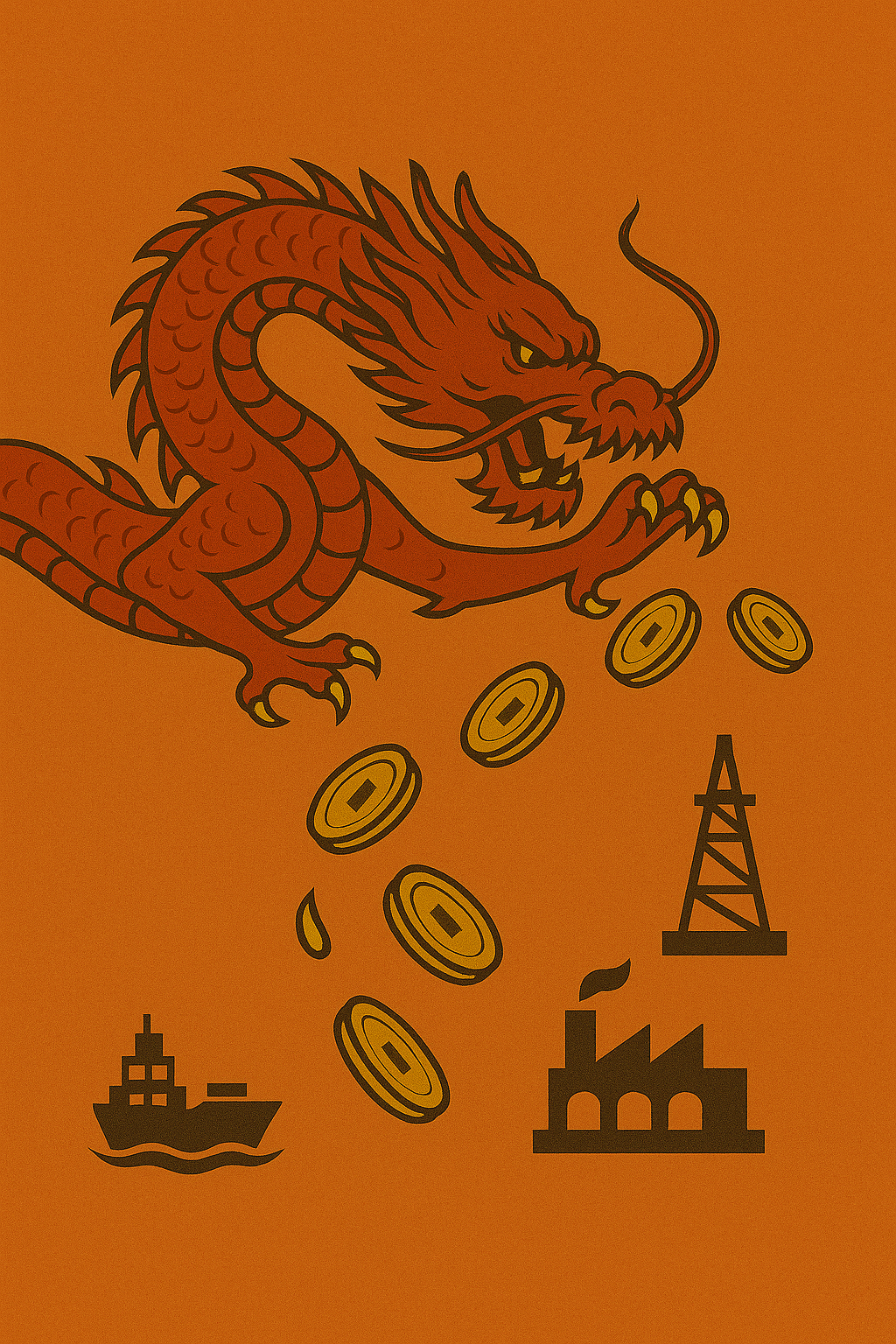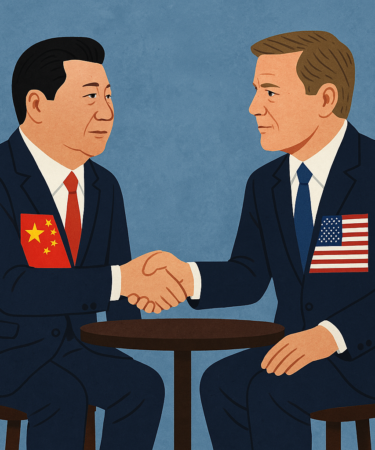It was in 2008, for the first time, that the then Defence Minister acknowledged the possibility of a two-front war simultaneously with China and Pakistan. He issued a circular, stating that the Armed Forces be prepared for a two-front war. The Armed Forces also considered the terrorist organisations based in Pakistan and those supported by China in our Northeast, as they would exacerbate the situation and create another half front, by disrupting logistics in the rear of combat zone.

One Belt One Road: Analyzing India’s Concern over Chinese Quest
The geopolitical imperatives surrounding India’s maritime security have undergone substantial change over the last decade or so, in turn prompting unavoidable shifts in its engagements, strategies and maritime expanse through its areas of operation.

Emerging Dynamics of India’s Maritime Strategy
India’s declaratory nuclear doctrine of 2003 has predominantly been read to suggest the threat of massive countervalue retaliation – use of strategic nuclear weapons to target countervalue assets like population and industrial centers of the adversary. Critics have questioned the credibility of massive countervalue retaliation as a deterrent to Pakistan’s first use of tactical nuclear weapons (TNWs). In response, senior Indian government and military officials have recently suggested that India’s nuclear response can be proportionate as well.

A Critical Appraisal of Chinese Claims in Arunachal Pradesh – Part II of II
The end of 2017 saw Trump administration on its charm offensive viz-a-viz India. India found itself as a main spoke in the Quadrilateral alliance, also including the US, Japan, and Australia. Trump during his Asia tour called for India’s leading role in the region. His administration’s first National Security Strategy further stamped that. Many commentators have cited that India will be more than willing to lap up this role in Indo-Pacific. This article explores two questions. Is India comfortable with bandwagoning alongside Trump’s America?

A Critical Appraisal of Chinese Claims in Arunachal Pradesh – Part I of II
Barelvi Islam, a creed of a Chishtiyya school of Sufi order was established by Ahmad Raza Khan from Bareilly (1856-1921). Ahmad Raza laid the foundation of the Ahl-e-Sunnat movement in the sub-continent. Ahmad Raza Khan repudiated the Deobandis and Ahle Hadiths for their stances on shrines.

Evolving India-Pakistan Deterrence Equation: Impact on South Asian Stability
Delay will Increase Casualties

India’s Strategic Autonomy in the ‘Indo-Pacific’ Moment
Kim will not disarm. Day by day he is increasing preparedness for a war that he will fight without mercy.

Rise of Barelvi Politics in Pakistan: From Streets to Mainstream Politics
Perceptions of anti-state mechanism—as they address themselves to the myriad forms of armed conflict—have seldom been restricted to the cellular confines of fine distinction. Most anti-state actors attempt to base their characters on theoretical elegance. Therefore, when an anti-state organisation essays its birth, it will invariably take into account the sartorial nature of its exterior.

